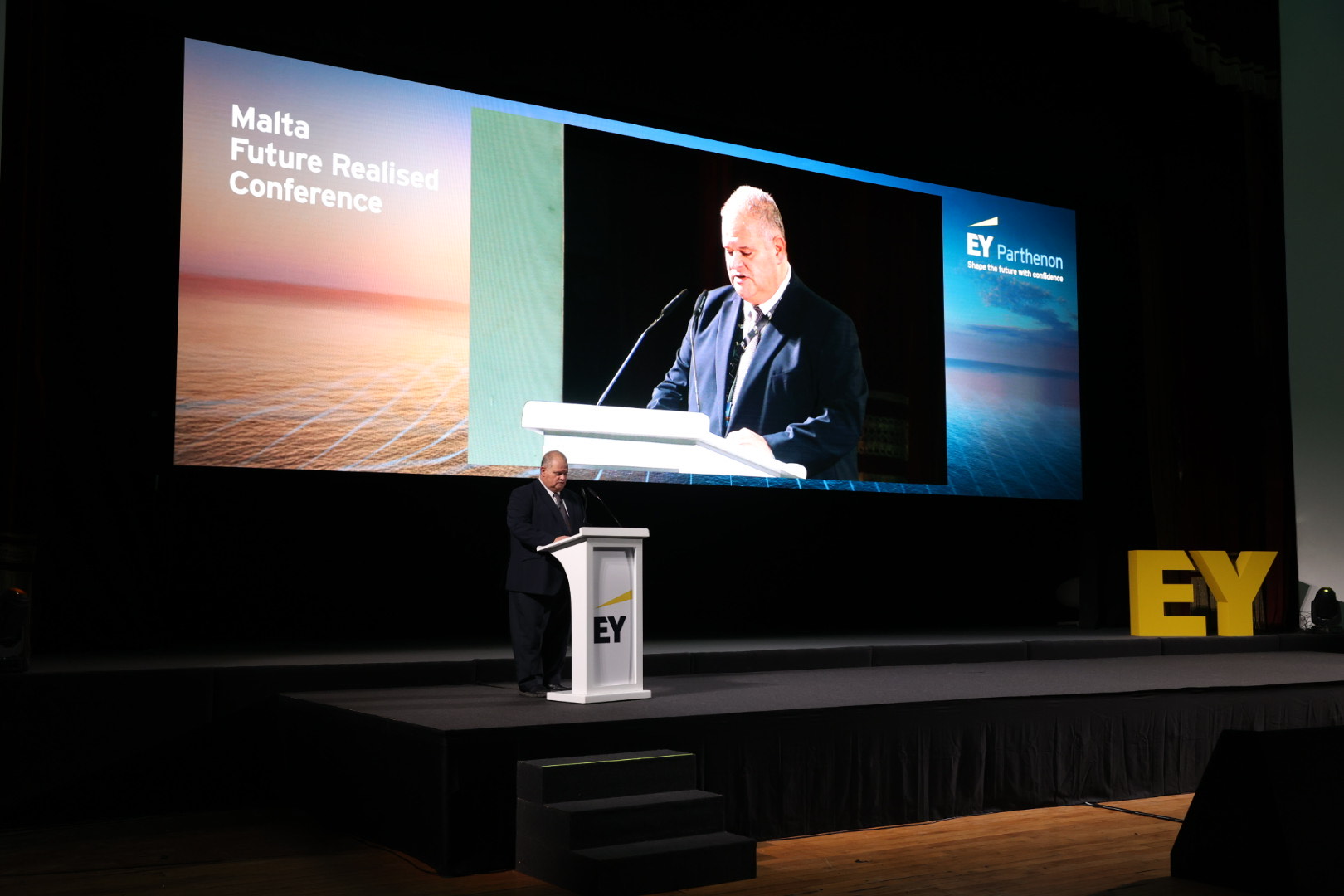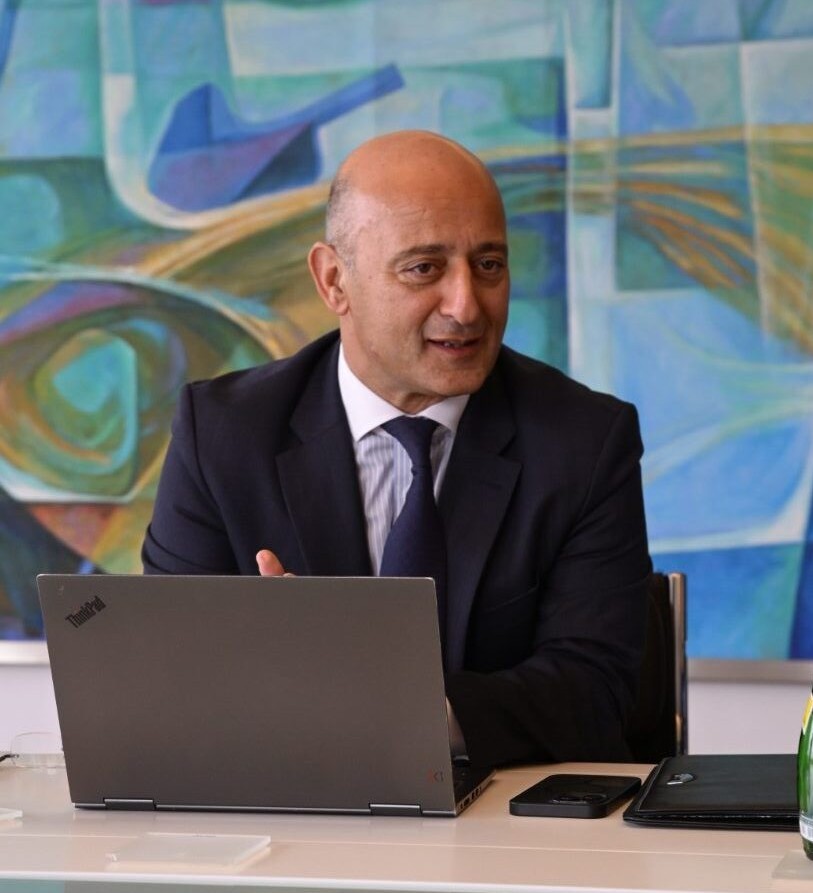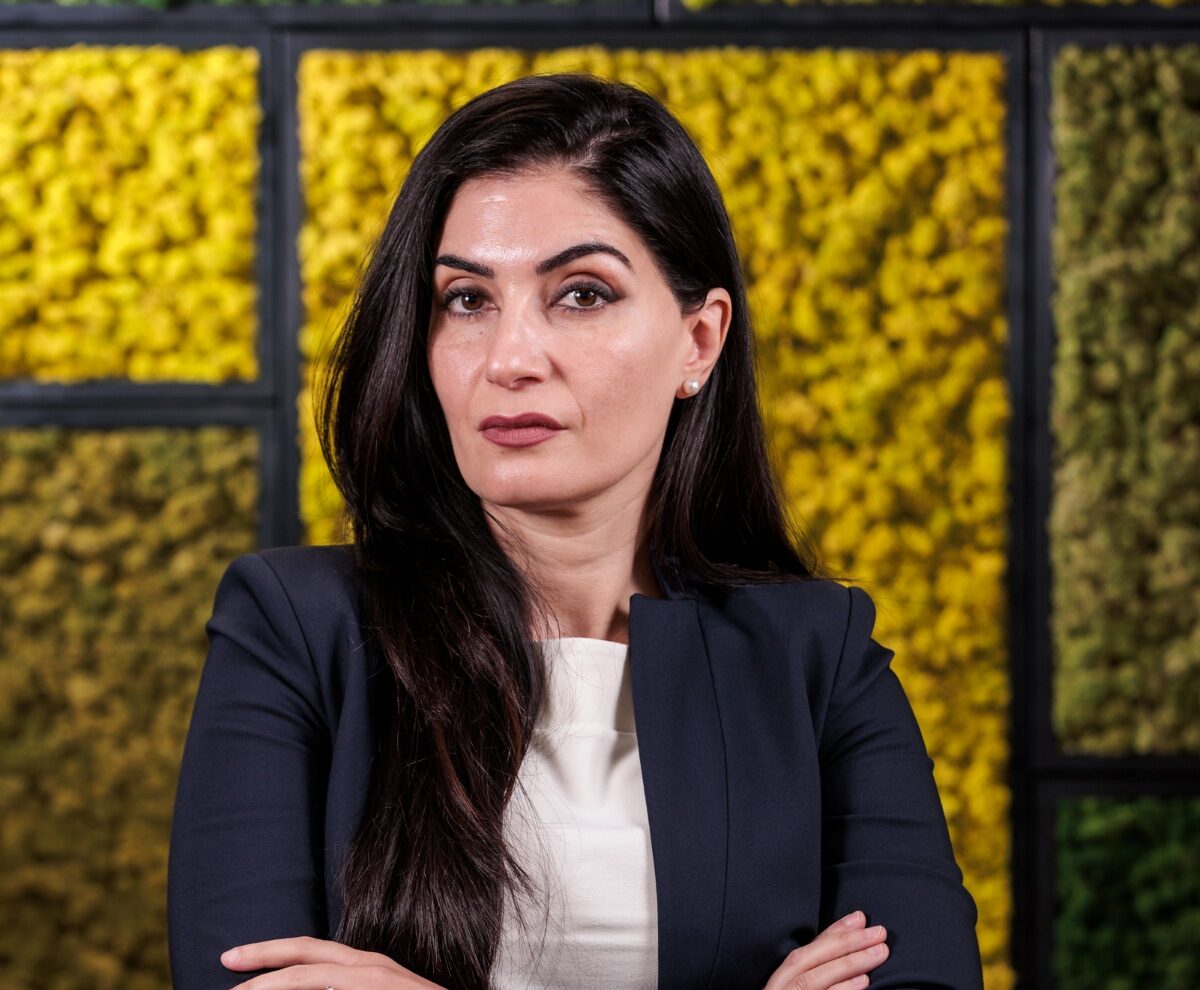The President of The Malta Chamber of Commerce, Enterprise and Industry, William Spiteri Bailey, has delivered a forceful call for clarity, resilience, and ambition as Malta navigates a rapidly evolving global economic landscape.
Speaking at the EY Malta Future Realised Conference 2025, Mr Spiteri Bailey emphasised that the decisions taken in the coming years will define the country’s trajectory for decades to come.
He highlighted three major forces reshaping the global economy: trade fragmentation, Europe’s industrial reset, and the transformative power of artificial intelligence.
“The world’s economic foundations are shifting before our eyes,” he said. “Trade is fragmenting into competing blocs, Europe is redefining its industrial and investment agenda, and artificial intelligence is changing not just how business operates, but what constitutes competitiveness and value.”
Mr Spiteri Bailey reaffirmed The Malta Chamber’s commitment to driving a future-focused economic strategy. Among the Chamber’s key priorities is the development of an International Logistics Hub, which was described as “not just a project – but a crucial investment in Malta’s long-term survival and growth.”
Turning to Europe’s industrial policy, he stressed that Malta must not be a “passive taker of policy” but an active contributor shaping the continent’s future, and called for alignment with the EU’s new frameworks for energy, technology, and critical supply chains to safeguard the competitiveness of Malta’s industries.
On digital transformation, The Malta Chamber President underscored that AI and digitalisation are no longer optional, stating that they must define how both businesses and government operate – through smarter regulation, efficient public administration, and transparent procurement systems.
He also cautioned that Malta’s economic success cannot rest on population-driven growth. “We must transition from a model rooted in labour expansion and over-construction to one focused on quality, value, and sustainability,” he said, calling for reforms to boost productivity, governance, and fiscal discipline.
Echoing The Malta Chamber’s Pre-Budget 2026 proposals, he urged greater investment in education, re-skilling, and talent retention, including the introduction of incentives to attract skilled Maltese professionals back to the country.
He also pointed to everyday challenges facing businesses; from traffic congestion to weak governance and overstretched infrastructure. Warning that these must be tackled head-on for Malta to remain competitive.
Mr Spiteri Bailey linked these priorities to the Envision 2050, a strategy that centres on sustainable growth, citizen-focused services, educational advancement, and smarter use of land and sea resources.
“The world is not waiting for Malta to catch up,” he concluded. “Our competitiveness, our credibility, and our quality of life depend on the actions we take now. Together, we can turn uncertainty into opportunity and ensure that Malta’s future is not only realised – but secured.”
€325 million bond issue will ‘solidify BOV’s market position’ – CEO Kenneth Farrugia
The initiative is a €325 million Unsecured Euro Medium Term Bond (EMTN) Programme, officially launched by the bank.
Business leaders weigh in on Malta’s proposed social media age restrictions
An initial restriction for those under 13 could later be extended to older age groups.
APS Bank: One of Malta’s most dynamic banking transformations
For Chief Strategy Officer Liana DeBattista, the Bank provides more than just financial services, it contributes to Malta's progress in ...
Local hosting, hybrid deployments and multi-cloud design: How to stay online when Amazon breaks
Hosting or replicating core systems locally also enhances sovereignty, compliance, and recovery capabilities









